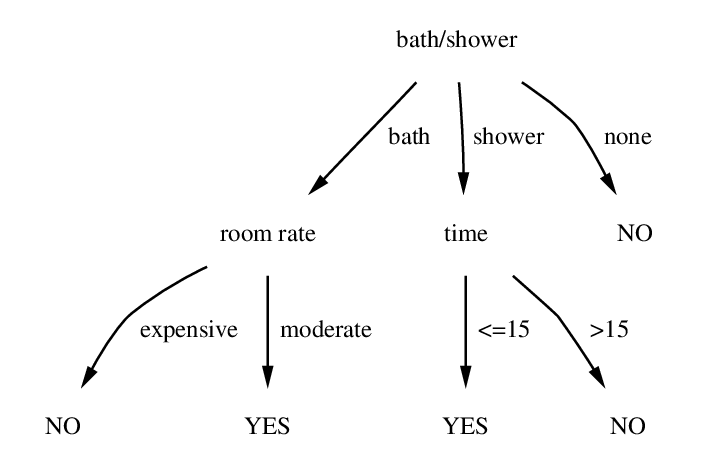Education
Trade or Profession? How To Make The Right Decision

Choosing a trade over a profession is a dilemma for many young adults.
Parents and friends are big influencers in career choices, and while their input is valuable to make an informed decision, many factors need careful consideration. Thankfully, you can use many decision-making methods to provide clarity and confidence.
This business blog looks at popular methodologies you can use to flush out the pros and cons of trade versus profession today.
How We Learn
Did you know most people are visual learners?
What’s more, we absorb visual information 60,000 faster than text, and 90% of what our brains take is from visual content.
How We Make Decisions
Our emotions influence our decisions, and this can get in the way of making the right choice.
Decision Trees
Using a decision tree can cut through the noise and external influence of people close to you.
Hesitation and uncertainty can hold you back, and you can miss out on opportunities, so to help you arrive at a conclusion quickly, here’s a quick overview of decision trees.
When the answer is not apparent and productivity or progress stops, a new action is required.
A decision tree can provide much-needed clarity and visual affirmation that the outcome was not spontaneous and emotion-driven but well thought out with pros and cons presented as questions.
Decision trees are visual diagrams and use questions with ‘yes’ and ‘no’ outcomes. Answering a question with a ‘yes’ can create more questions with the same yes/no options. Eventually, both options lead to a final decision point.
See the example below.
Mind Maps
Concept maps or mind maps are helpful as a starting point to understanding what matters to you. When deciding what direction your career path should take, a concept map will help you brainstorm and present your values and ideas visually.

From a ground zero starting point – i.e., a blank page you can work through what you need from your career and use SMART goals to drive the process. Remember, there are no right or wrong answers and no absurd questions.
Trade Versus Profession
Your mind map will work through what really matters to you. Career choices can come down to just a few factors, including:
- Money-earning prospects
- Qualifications
- Enjoyment
- Skills and Ability
You can create decision trees diagrams for each core value and whether it can be achieved with a trade or a profession.
Trades
How does a trade differ from a profession?
Trades are skilled jobs that require on-the-job training called an apprenticeship. In an apprenticeship, you’re paid while learning skills for the job. Depending on the trade, there may also be some study and exams in practical or written form. For example, there is a written exam to become a plumber, whereas there are no written exams to qualify as a painter.
High paid trades in demand
With trades, you don’t need to invest in four years of tertiary study and degree qualification before getting a job like a profession. Trades are not as well remunerated as many professions. Though some trades are paid very well, including;
However, there are ways to grow your income, including starting your own trade business. A builder with his own business can hire builders and become a property developer.
Real estate developers average $3 million annually.
Demand
One of the factors in choosing a trade or a profession is whether it will still be in demand in a decade or more. For example, see this list of trades no longer required due to technology and consumer demand. Some safe trades will always be with us, including:
- Hairdresser
- Plumber
- Electrician
- Builder
- House painter
- Caregiver
Professions
Any career that requires a bachelor’s degree or more is deemed a profession. All industries have people in professions. Even with the tertiary study, a high income is not guaranteed.
Money is not always a key driver in a career choice. For example, according to Investopedia some of the worst paid professions include:
- Journalist
- Politician or political analyst
- Religious minister
- Counsellor or Social Worker
- Nurse
- Teacher
Reaching the top of most professions will be rewarding and well remunerated, especially in these industries like medical, business, technology, and law.
Final Thoughts
What drives or motivates you determines your career of choice. A mindmap will reveal your ideas
and aspirations. A decision tree will reveal your priorities, preferences, and what’s really important.
To get on with your career without unnecessary delays caused by uncertainty, do your research and use visual methodologies like mindmaps and decision trees to make the right decision.










